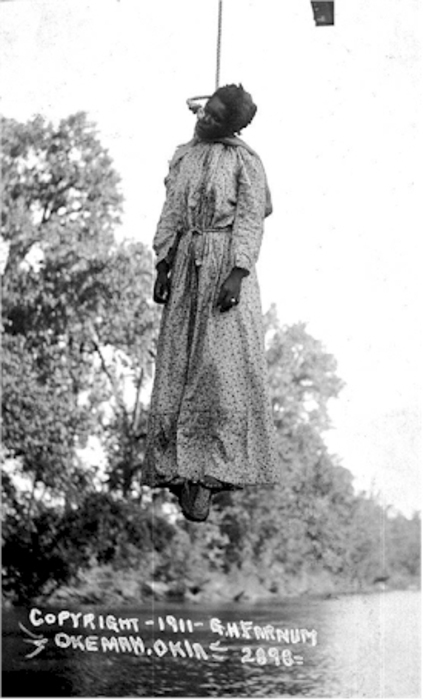Lynching Records
Contextualizing the Collection of Lynching Records
Tuskegee University
Content and Trigger Warnings:
While the terms “content” and “trigger warning” are often used interchangeably, Tuskegee University Archives acknowledges the material contained in the lynching records is explicit and sensitive in nature. The collection of newspaper clippings, editorials, pamphlets, reports, maps, replies to letters of inquiry, and other ephemera encompasses 1881 through 1953. Arranged chronologically and alphabetized geographically by Monroe Work, Jessie Guzman, and Daniel T. Williams, the files were compiled into the Tuskegee Lynching Report, beginning in 1912.
The collection provides detailed accounts of how local, national, White, and African American press outlets grappled with where collective violence took root in the varied regions during the nineteenth and twentieth centuries. Users will encounter materials that address any of the following topics: alleged rape, alleged sexual assault, racial slurs, abuse (physical, sexual, and verbal), child abuse, kidnapping, excessive and gratuitous violence connected to racism and racial conflict, death or dying, averted death, kidnapping, expulsion, intergenerational trauma, the role of lynching apologists and anti-lynching crusaders, the debate, and lack of clarity regarding the semantics of how lynching was defined, and the effort to secure anti-lynching legislation.
Visitors come to the archives with their own understanding of how to mentally prepare for their interactions, to make choices about how and if to engage with it, and to consider the level of distress the content is likely to elicit. Nonetheless, the information is offensive and can be challenging to read. The language, descriptions, and depictions of informal group killing, misconduct, mob violence, and miscarriages of justice reveal much about the historical processes of state authority, social identity, and cultural formation. The information can manifest in feelings of anger, upset, discomfort, trauma, guilt, and grief and may cause visitors to feel overwhelmed, panicked, and distressed.
-Dr. Rhonda Jones
While viewing the lynchings, please take some time and review Ramzi Rami's work regarding lynching. http://plaintalkhistory.com/monroeandflorencework/explore/
